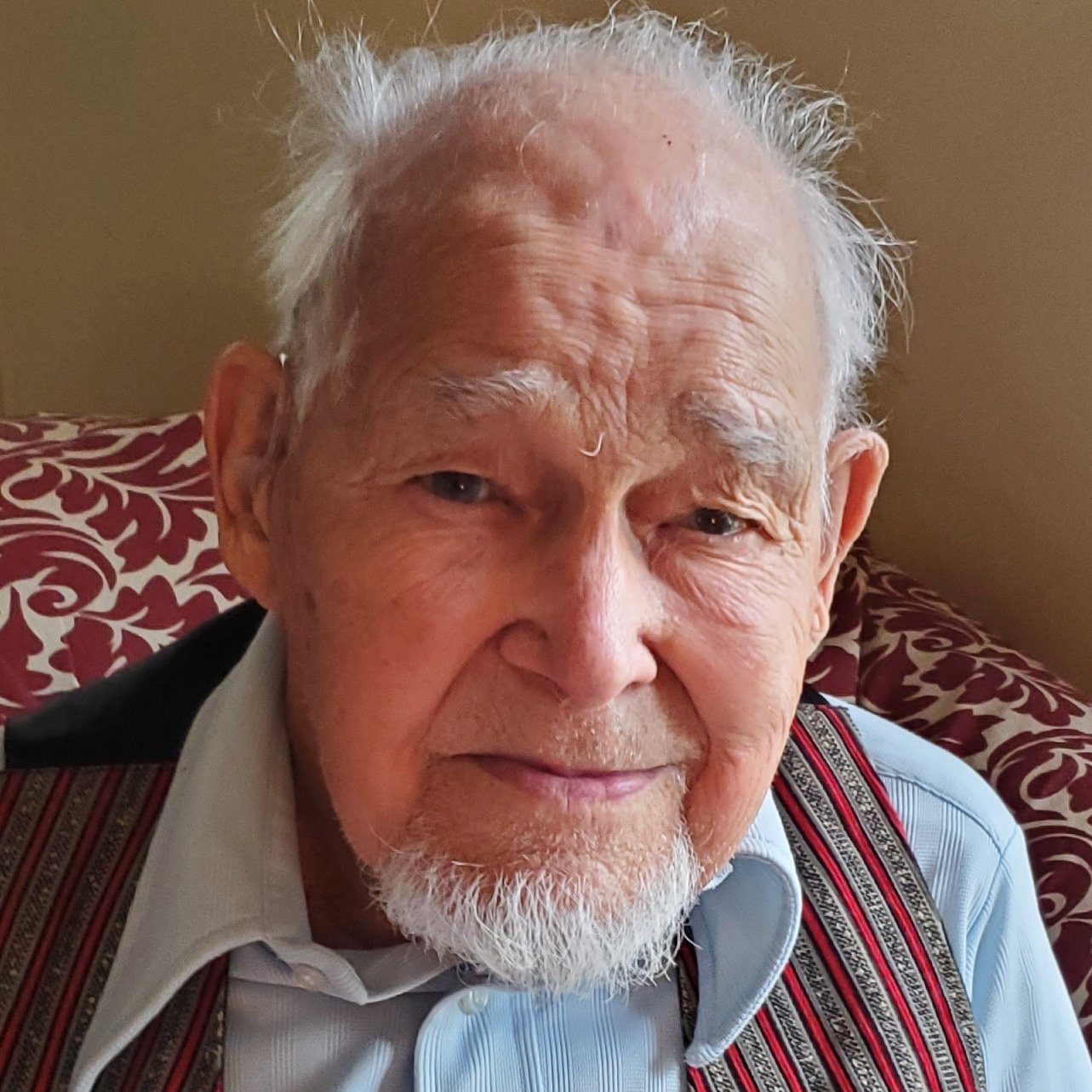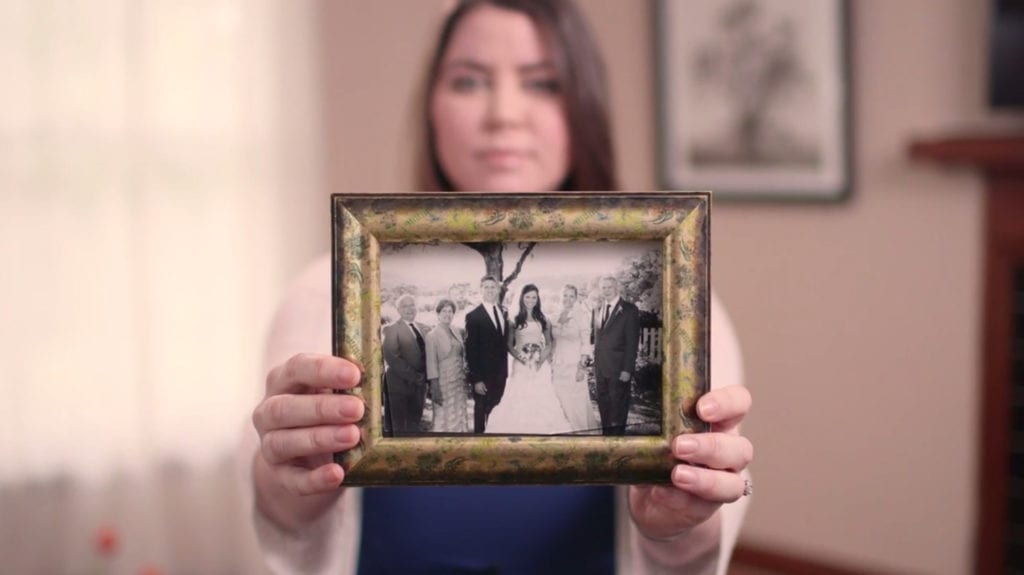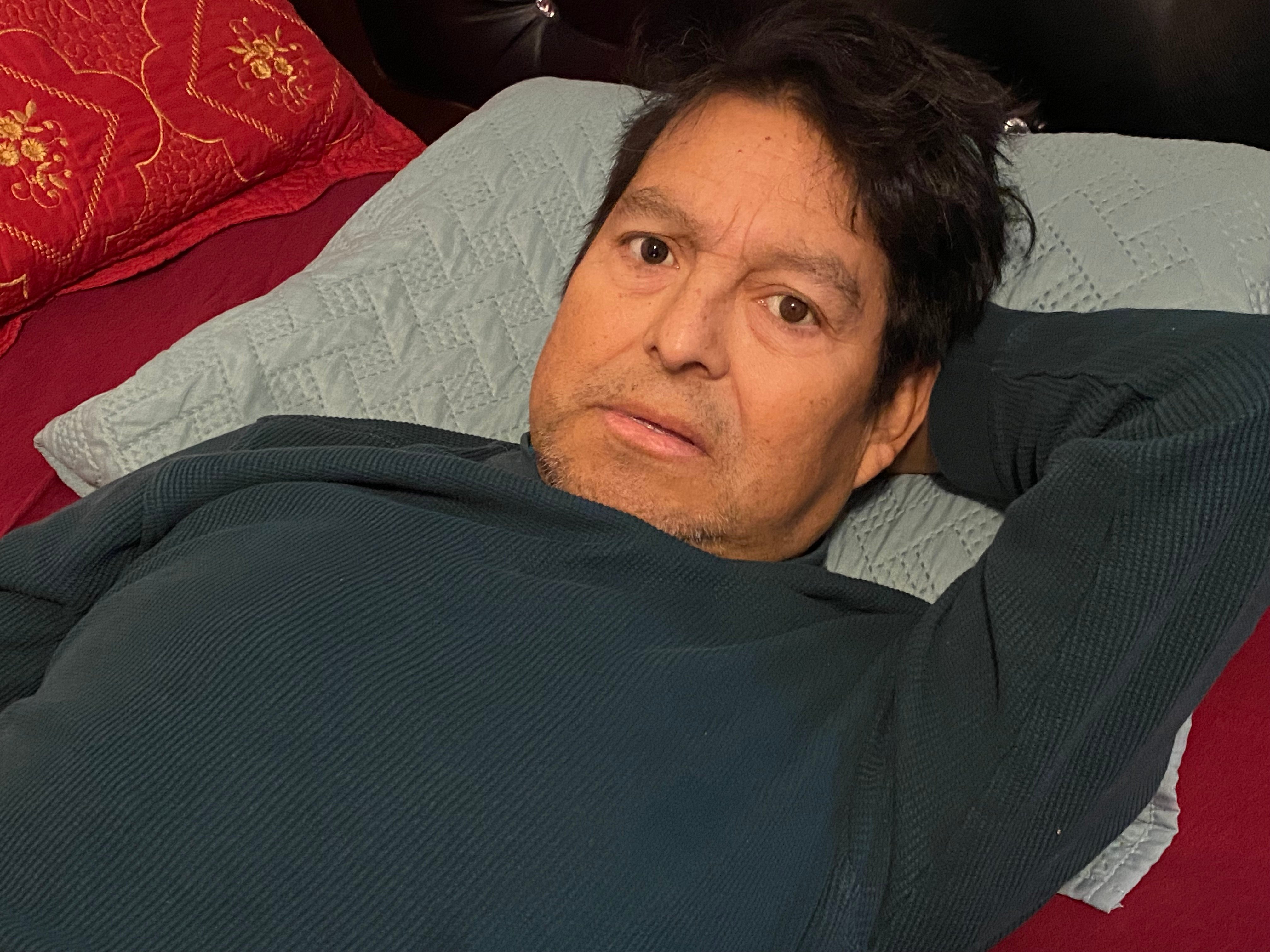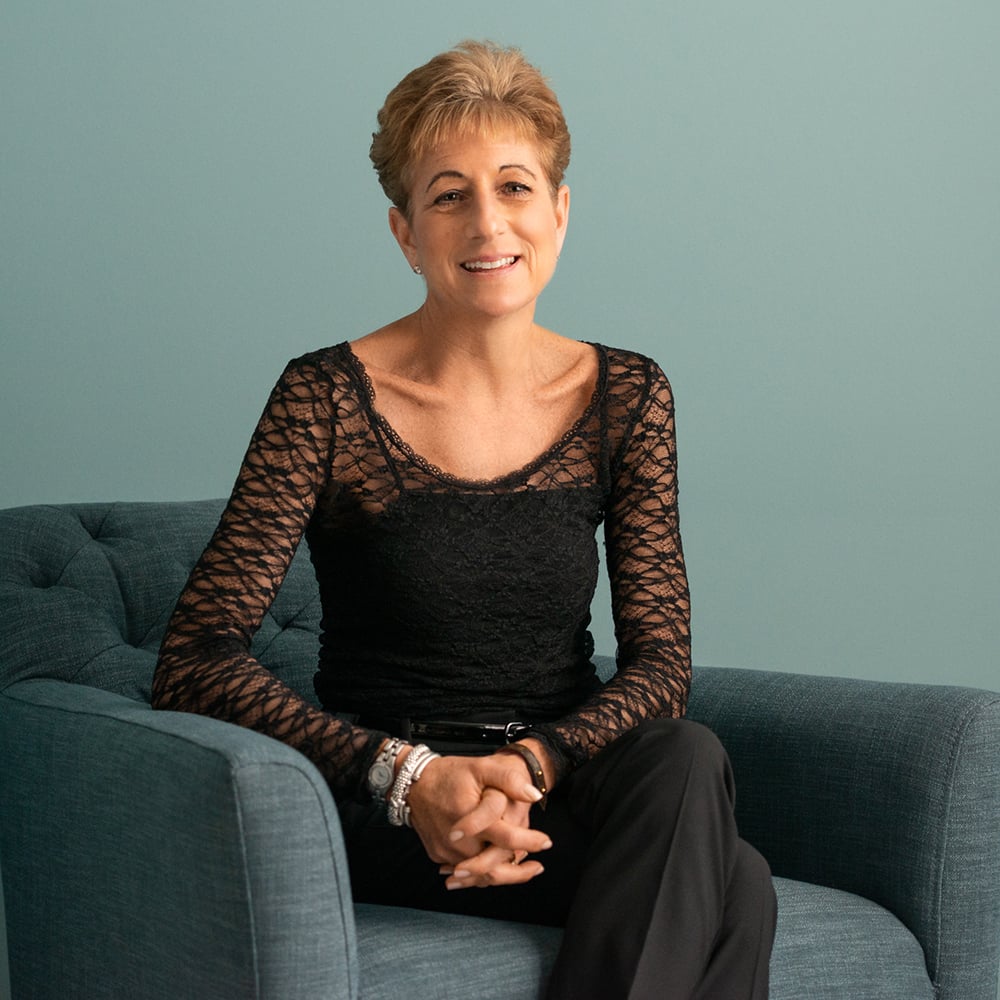Richard shared his story in February of 2024.
I met Martha in 1956 after I returned from military service in Korea to Ann Arbor, Michigan, to start graduate school. I was casting about for a place to stay and rented a room from a landlady who lived in the back of her house and leased the rest.
Martha and I were the only two renters who had cars, so we frequently jockeyed for position in the house’s single driveway. Often I would see Martha on the telephone downstairs, chuckling as she talked to a friend. I’d watch her leave the house every Saturday morning in fine dress to walk one mile to her church. I was captivated.
We married in 1958 and moved to upstate New York for my work, more than 500 miles away from our closest relatives. Martha was Seventh-Day Adventist, which didn’t mean much to me at the time. But I was determined not to send her to church alone. Over the course of six years, I became a Christian, giving up alcohol and tobacco (which has saved my health in my later years). We spent 65 beautiful years together, raising our two sons and moving to Tennessee in 1997 to be closer to them and their families.
In my mid-80s, I underwent successful radiation for prostate cancer. Well before that, however, Martha and I had both created advance directives that specified we did not want any artificial interventions for sustaining life if there was little hope of recovery. We felt that the suffering involved was unnecessary. I read Atul Gawande’s book Being Mortal in 2015 and greatly valued his emphasis on preserving the agency of the person who is approaching death.
“I need to go first, because I can’t make it without you,” I’d tell Martha. “Don’t go, I need you,” she’d reply.
On December 28, 2023, Martha went out to buy some fabric to finish a quilt. She had a terrible car accident that morning that left her with 14 broken ribs. She was transported to the ICU in Chattanooga, where she lingered for four days, unresponsive.
The doctors informed us that she would likely never live off the ventilator. Because of her advance directive and the many conversations she and I had over the years, I knew that she would not want to be kept alive in the ICU for days or weeks. She was 93 years old, and at this point neither of us wanted our lives prolonged unnecessarily. I knew I had to let her go. But 65 years together seemed much too short. I told her I loved her and not to be afraid.
The next morning, January 1, 2024, Martha passed peacefully.
It’s brought me some small amount of solace that, per her wishes, Martha’s body was donated for medical research at the University of Tennessee. The same will go for me when my time comes.
Now my son John is my healthcare proxy. I’ve discussed my advance directive with him and my other son, and they’re very much in agreement with my decisions for my end-of-life care. Currently I live alone, and they support me in continuing to do so as long as possible.
The day before yesterday, I was sitting on the back porch with a pan of black walnuts I’d cracked, and I kept expecting Martha to call me in for dinner. My passion is to go where she went. But I feel good about my future, whether it’s a day or a decade. Either way, I don’t need endless medical interventions. I’m happy with life as it is, camped out near the exit. Like I told Martha after they took her off the ventilator, the Bible tells us not to fear; death is only a momentary fading, whether for a day, a month or years until the awakening call.






